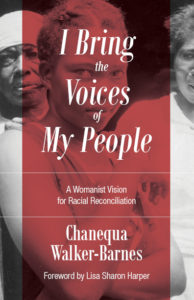 A Womanist Vision for Racial Reconciliation
A Womanist Vision for Racial Reconciliation
In I Bring the Voices of My People: A Womanist Vision for Racial Reconciliation, Chanequa Walker-Barnes disrupts the racist and sexist biases in conversations on reconciliation. She demonstrates how reconciliation’s roots in the evangelical, male-centered Promise Keepers’ movement has resulted in a patriarchal and largely symbolic effort, focused upon improving relationships between men from various racial-ethnic groups.
Walker-Barnes refutes the idea that race and racism are “one-size-fits-all,” drawing upon intersectionality theory and critical race studies to demonstrate how living at the intersection of racism and sexism exposes women of color to unique experiences of gendered racism. She also argues that highlighting the voices of women of color is critical to developing any genuine efforts toward reconciliation.
Walker-Barnes offers a compelling argument that the Christian racial reconciliation movement is incapable of responding to modern-day racism, and highlights the particular work that White Americans must do to repent of racism and to work toward racial justice.
Reviews and endorsements of the publication include:
“Finally, someone is inviting us into reconciliation on black womxn’s terms. And who better than Dr. Chanequa Walker-Barnes, who spectacularly shows us in I Bring the Voices of My People that a message that centers black womxn’s experiences is a universally liberating message. I have experienced anti-black oppression in faith-based ‘reconciliation’ contexts, and Dr. Chanequa’s words have invaluably supported my healing journey while also redirecting my steps toward justice practices that are not colonized by whiteness. ‘Trust black womxn’ is a phrase that often gets thrown around with little behavioral follow-up. Dr. Chanequa, a true sage, is telling us how to trust black womxn on the topic and practice of reconciliation. I’m following her lead and I hope you will too.”—Christena Cleveland, Director of the Center for Justice and Renewal.
“Walker-Barnes writes a powerful theological book which challenges common misconceptions about race, ethnicity, and discrimination and works toward a liberative theology. Her personal, soulful reflection lays bare our racially divided world. A beautiful book, I Bring the Voices of My People awakens us to the need for radical reconciliation and stirs us to create a new reality which embraces and uplifts everyone.”—Grace Ji-Sun Kim, author of Embracing the Other
For more information on the publication, click here.
Fellow travelers are scholars, activists, and practitioners that embody the ideals and commitments of the Project on Lived Theology. We admire their work and are grateful to be walking alongside them in the development and dissemination of Lived Theology.

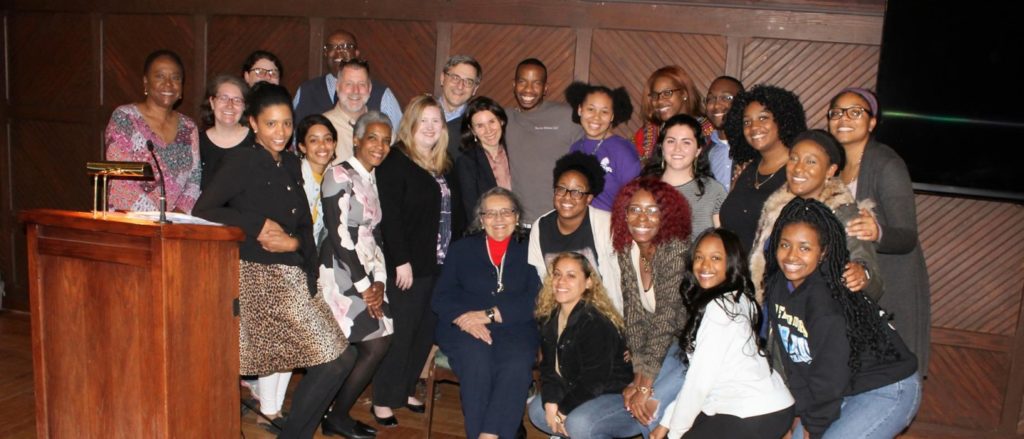
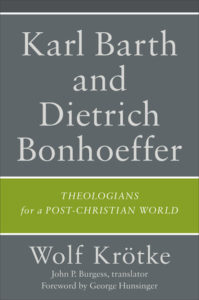 Theologians for a Post-Christian World
Theologians for a Post-Christian World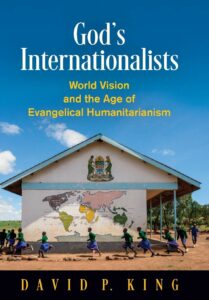
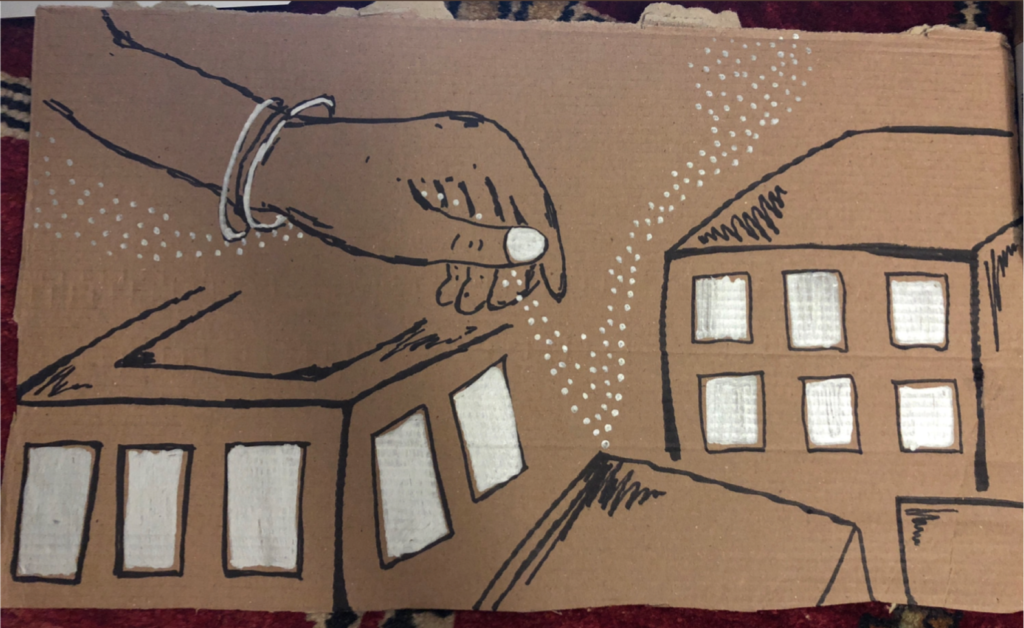
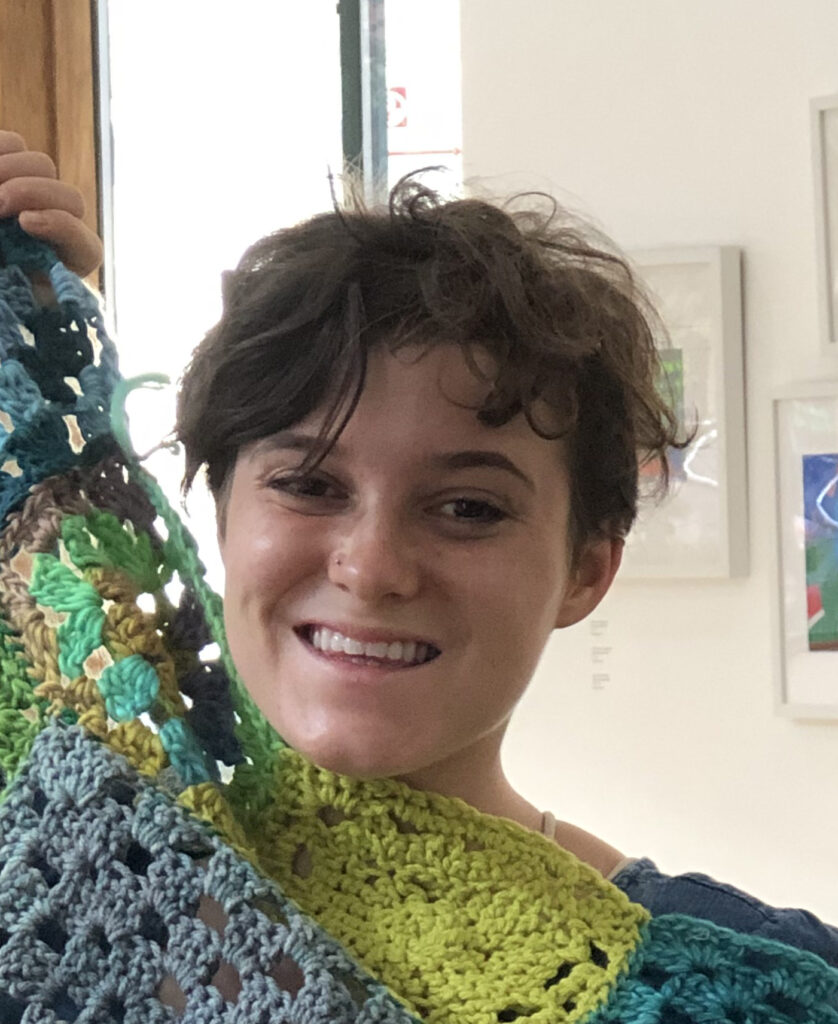


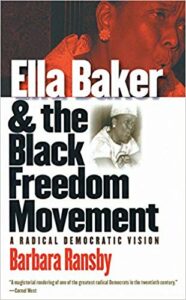 A Radical Democratic Vision
A Radical Democratic Vision